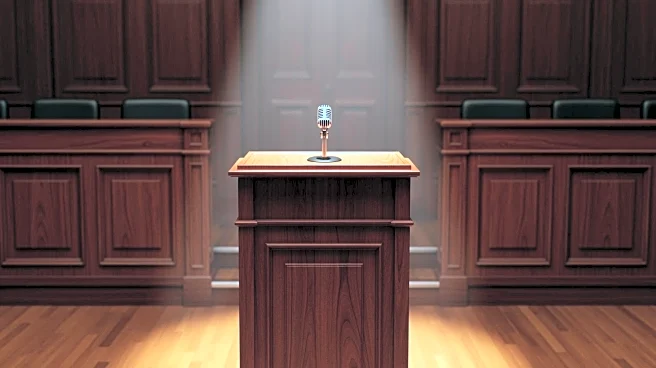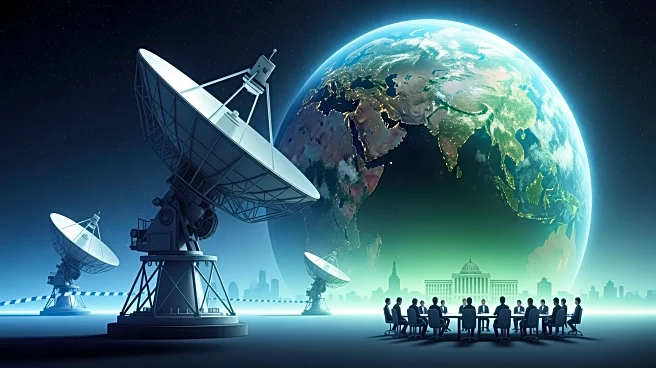By Abhirup Roy and Akash Sriram
SAN FRANCISCO (Reuters) -A key driver of Tesla's profit is disappearing fast as the U.S. government changes policies on an environmental asset known as regulatory credits.
Investors are likely to have a number of questions for Chief Executive Elon Musk when Tesla reports second-quarter results on Wednesday. Among them are how fast the EV maker can turn a trial robotaxi program into a money-making business, how to avoid a decline in sales for the second year in a row, and Musk's possible political plans.
Less sexy, perhaps, is the issue of regulatory credits, which are bought by traditional automakers from electric-vehicle companies to make up for the tailpipe pollution from their gasoline-powered vehicles. But this income segment is crucial for Tesla's finances, having been the main driver of its profit in the first three months of the year.
Without the income from those credits, sold to internal combustion engine automakers, Tesla would have reported a first-quarter loss, and Musk may be pressed to say how long he thinks Tesla will be able to sell credits.
The U.S. government incentivized zero-emission vehicle production by giving credits to EV makers while imposing hefty penalties on combustion engine vehicle manufacturers that fail to meet emission standards. The traditional automakers can avoid the fines by purchasing credits from companies like Tesla.
Recent legislation passed under the U.S. President Donald Trump, however, is set to eliminate fines for automakers that fail to meet National Highway Traffic Safety Administration's Corporate Average Fuel Economy standards — which underpin much of the demand for these regulatory credits.
"They are making conventional ICE vehicles more competitive while making EVs less competitive," said Batt Odgerel, a director at the Energy Policy Research Foundation, referring to Congress, Trump and the federal government.
Tesla risks losing revenue from the credits as well as market share, he added.
The future of two other sources of credits - from the U.S. Environmental Protection Agency and California's zero-emission vehicle program - is uncertain, with proposed rule changes and political and legal challenges.
"That is certainly likely to be a big loss of revenue for automakers" that were selling credits, added Chris Harto, a senior policy analyst at Consumer Reports. Tesla has reported more such sales than anyone else in the automotive sector.
FASTER DECLINE THAN EXPECTED
One question for Tesla is how fast the credit sales are falling and whether the EPA and California transactions are holding up for now. Other credit producers include smaller EV players Rivian and Lucid.
Analysts at William Blair calculate that about three-quarters of Tesla's credit revenue comes from CAFE standards. Within days of the new law, they slashed estimates for Tesla's 2025 credit revenue by nearly 40% to about $1.5 billion. They expect it to plummet to $595 million next year, before being wiped out in 2027.
That is a faster decline than seen by many on Wall Street. Tesla's revenue from credit sales will fall 21% this year to $2.17 billion and fall consistently in the coming years, according to 14 analysts polled by Visible Alpha this month.
"The elimination of the corporate average fuel economy (CAFE) fines requires a reset in expectations," the William Blair analysts said in their note earlier this month.
Revenue from credits was always expected to dwindle as traditional automakers ramped up production of zero- or low-emission cars, but not so fast. Tesla has acknowledged its financials would be "harmed" if demand and prices of credits dropped. It did not respond to a request for comment.
The credits, which have virtually no cost to produce, were instrumental to keeping Tesla profitable several years ago. While surging Model Y demand once pushed Tesla’s profit well above regulatory credit income, recent sales declines and aggressive price incentives have meant regulatory credits are once again a key support for profit.
Tesla's loss is a win for internal combustion engine automakers such as General Motors, Ford and Honda, and it comes on top of a second win - the early end of a $7,500 U.S. tax credit for EVs, which now will happen at the end of September.
(Reporting by Abhirup Roy in San Francisco and Akash Sriram in Bengaluru; Editing by Peter Henderson and Matthew Lewis)










